James Baldwin: Truth-teller in Troubled Times
In the cacophony of voices that echo through the corridors of history, there are a select few whose resonance continues to grow louder with each passing year. James Baldwin, a towering figure in American literature and civil rights activism, occupies an indelible place in the collective social consciousness. His words, imbued with profound insight and unyielding honesty, serve as a guiding light for those navigating the murky waters of racial injustice, inequality, and the human condition.

Table of Contents
Early Life of Adversity and Struggle
James Baldwin’s early life was indeed marked by profound adversity and struggle, shaping the trajectory of his literary and activist endeavours. Born on August 2, 1924, in Harlem, New York, Baldwin grew up in the midst of the Great Depression, a time of economic hardship and social upheaval for many African American families.
Raised in a household marred by poverty and familial discord, Baldwin was acutely aware of the intersecting forces of racism and classism that constrained the lives of black Americans in the early 20th century. These early experiences instilled in him a keen sensitivity to the injustices of the world and a desire to speak out against them.
Adding to the complexity of Baldwin’s upbringing was his fraught relationship with his father, a strict and domineering figure whose struggles with poverty and addiction cast a long shadow over the family. Baldwin’s reflections on his relationship with his father would later become a recurring theme in his writing, serving as a lens through which he explored themes of masculinity, identity, and intergenerational trauma.
Despite the challenges he faced at home, Baldwin found solace and inspiration in the vibrant cultural milieu of Harlem, immersing himself in the world of literature, music, and art that flourished within the confines of the predominantly black neighbourhood. It was here, amidst the hustle and bustle of Harlem’s streets, that Baldwin began to cultivate his passion for storytelling and his acute awareness of the power of language to shape perceptions and provoke change.

Baldwin the Civil Rights Activist
James Baldwin’s civil rights activism was a natural extension of his deeply held convictions about justice, equality, and the inherent dignity of all people. Throughout his life, Baldwin used his platform as a writer and public intellectual to advocate for social change and to confront the entrenched racism and inequality that plagued American society.
Baldwin’s activism can be traced back to his early years in Harlem, where he witnessed first-hand the systemic injustices faced by African Americans. Inspired by the burgeoning Civil Rights Movement of the 1950s and 1960s, Baldwin became increasingly vocal in his critiques of racial segregation, police brutality, and economic inequality. His writings, including essays, novels, and speeches, served as powerful indictments of the status quo, challenging both black and white Americans to confront the realities of racism and discrimination.
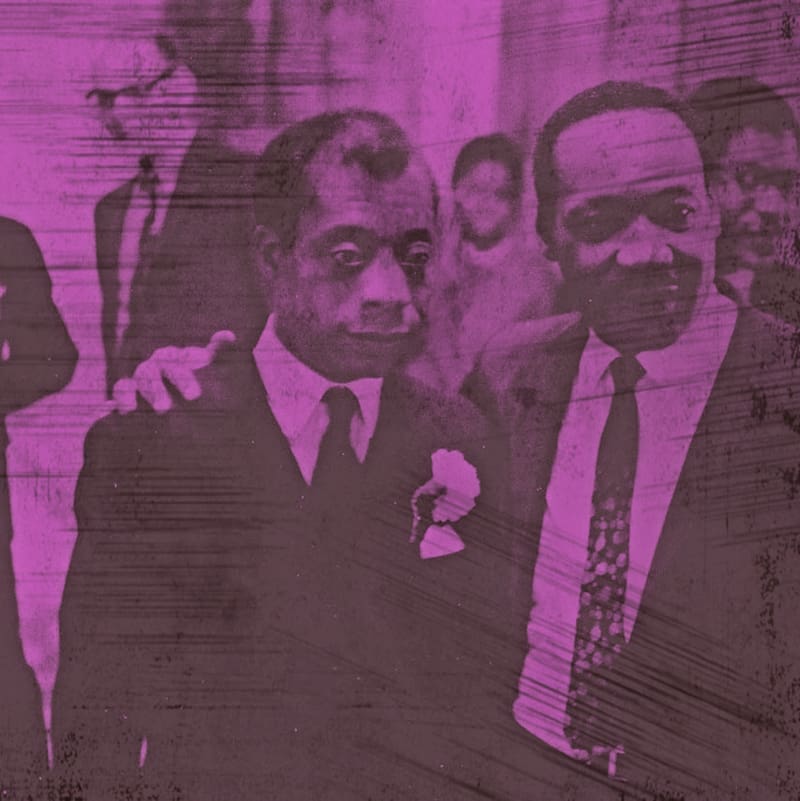
Civil Rights Movement
One of Baldwin’s most significant contributions to the Civil Rights Movement was his participation in public debates and discussions about race and identity. Whether appearing on television talk shows or speaking at universities and community events, Baldwin fearlessly tackled taboo subjects and challenged prevailing attitudes about race and racism. His ability to articulate the complexities of the African American experience with clarity and nuance made him a compelling spokesperson for the movement, earning him both admirers and detractors in equal measure.
Baldwin’s activism was not limited to words alone; he also actively participated in protests and demonstrations against racial injustice. In 1963, he joined forces with other prominent civil rights leaders, including Martin Luther King Jr., to organize the March on Washington for Jobs and Freedom, where King delivered his iconic “I Have a Dream” speech. Baldwin’s presence at such pivotal moments in the Civil Rights Movement underscored his commitment to direct action and his belief in the power of collective mobilization to effect change.
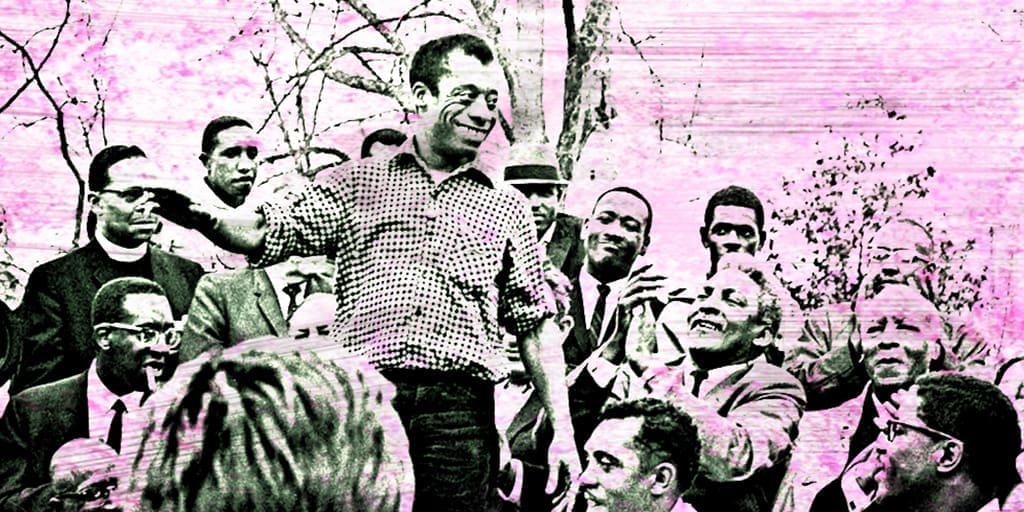
Global Struggles for Justice and Liberation
Moreover, Baldwin’s activism extended beyond the borders of the United States. In the 1960s, he became increasingly involved in global struggles for justice and liberation, speaking out against colonialism, apartheid, and other forms of oppression around the world. His international perspective underscored the interconnectedness of struggles for human rights and social justice, emphasizing the need for solidarity across borders and identities.
Perhaps Baldwin’s most enduring contribution to civil rights activism was his insistence on the power of love and empathy as transformative forces in the fight against oppression. He understood that true liberation could only be achieved through a radical reimagining of society—one rooted in compassion, understanding, and a genuine commitment to the well-being of all people. In an era marked by division and discord, Baldwin’s vision of a more just and equitable world continues to inspire new generations of activists to carry forward the torch of justice and equality.
*All Clothes Images are items from our shop souled-out.world
**All Book Images Open a New tab to our Bookshop
***If you buy books linked to our site, we get 10% commission from Bookshop.org, whose fees support independent bookshops.
Literary Works
As an African American homosexual man, Baldwin inhabited intersections of identity that rendered him both an outsider and a keen observer of society’s fault lines. His literary works, including seminal titles like “Go Tell It on the Mountain,” “Notes of a Native Son,” and “The Fire Next Time,” serve as a searing indictment of America’s original sin: racism. Through the lens of his own experiences, Baldwin laid bare the hypocrisy and moral bankruptcy of a nation that espoused lofty ideals of freedom and equality while systematically oppressing its own citizens based on race.
Go Tell It on the Mountain
Baldwin’s debut novel, published in 1953, is a powerful exploration of religion, family, and identity within the African American community. Drawing heavily from his own upbringing in Harlem, Baldwin weaves a rich tapestry of characters grappling with the complexities of faith, sin, and redemption. Through the lens of the Grimes family, Baldwin delves into the interplay between personal salvation and societal oppression, offering a searing critique of the hypocrisies that pervade both the church and the wider world.
Notes of a Native Son
This collection of essays, published in 1955, stands as a seminal work of autobiographical reflection and social commentary. In “Notes of a Native Son,” Baldwin intertwines personal anecdotes with incisive analysis to explore themes of race, identity, and belonging in mid-20th century America. From his poignant reflections on his father’s death to his searing critique of racial segregation, Baldwin’s essays offer a penetrating insight into the complexities of the African American experience and the broader struggle for equality.
The Fire Next Time
Perhaps Baldwin’s most influential work, “The Fire Next Time,” published in 1963, comprises two essays: “My Dungeon Shook: Letter to My Nephew on the One Hundredth Anniversary of the Emancipation” and “Down at the Cross: Letter from a Region of My Mind.” In these essays, Baldwin confronts the existential crisis facing America amidst the backdrop of the burgeoning Civil Rights Movement.
With prophetic clarity, he warns of the consequences of racial injustice and calls for a reckoning with the nation’s history of oppression. Through a potent blend of personal reflection and social critique, Baldwin challenges both black and white readers to confront the realities of racism and envision a path toward reconciliation and redemption.
Baldwin’s writings possess a timeless quality, speaking with a clarity and urgency that transcends the boundaries of time and space. His analysis of race relations in America, though rooted in the mid-20th century, remains as relevant today as it was during the height of the Civil Rights Movement. In an era marked by resurgent white supremacy, police brutality, and persistent racial disparities, Baldwin’s words serve as a sobering reminder of the work that remains unfinished.
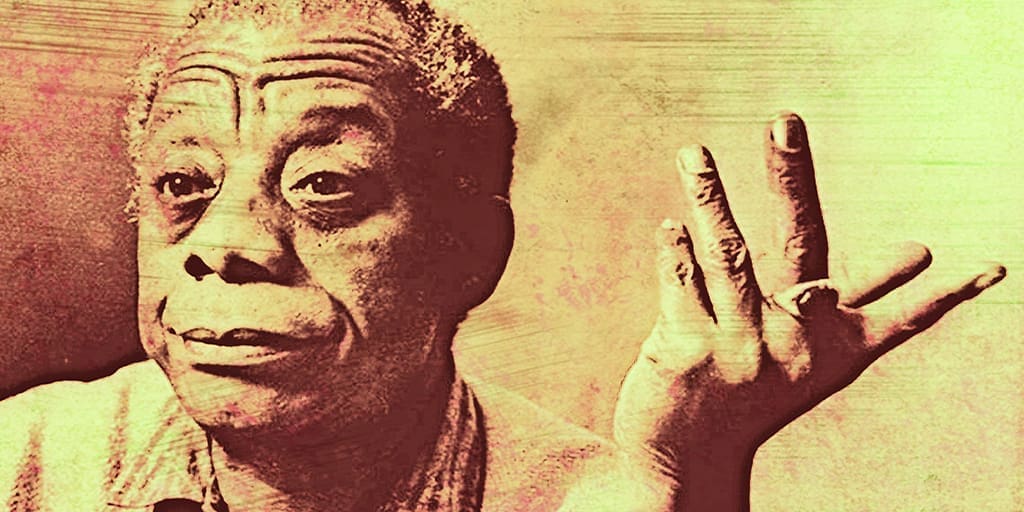
Baldwin’s Philosophy on Empathy and Understanding
James Baldwin’s philosophy on empathy and understanding as catalysts for social change was deeply rooted in his own experiences as an outsider within American society. As an African American homosexual man, Baldwin inhabited intersecting identities that rendered him acutely attuned to the nuances of human suffering and resilience. Central to his worldview was the belief that genuine empathy – the ability to understand and share the feelings of another – was the cornerstone of meaningful social transformation.
Baldwin recognized that empathy required a willingness to engage with the lived experiences of others, even when those experiences differed from one’s own. In his essay “Stranger in the Village,” Baldwin reflects on his time living in a remote Swiss village and the profound sense of isolation he felt as one of the few black residents. Yet, rather than retreat into bitterness or resentment, Baldwin used his outsider status as an opportunity for introspection and dialogue. He understood that empathy necessitated an openness to the perspectives of others, even – and perhaps especially – when those perspectives challenged one’s own worldview.
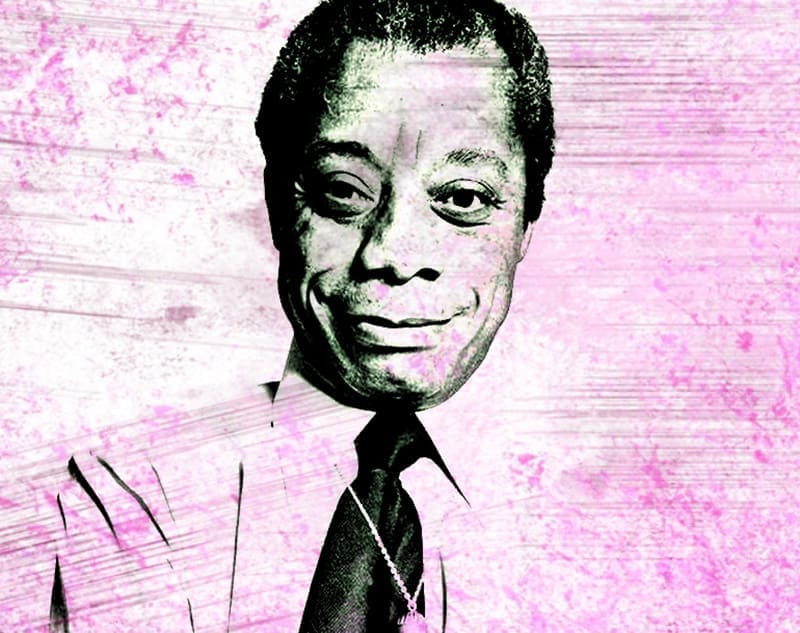
A Proactive Force for Social Change
Furthermore, Baldwin believed that empathy was not merely a passive sentiment, but a proactive force for social change. In his writings and speeches, he implored both black and white Americans to cultivate empathy as a means of bridging the gaping divides of race, class, and sexuality. He understood that true empathy required a willingness to confront uncomfortable truths and acknowledge the ways in which systemic injustices perpetuated inequality and suffering.
At the heart of Baldwin’s philosophy was the idea that empathy served as a counterforce to the dehumanizing effects of bigotry and prejudice. By fostering genuine connections across lines of difference, empathy had the power to erode the barriers that separated individuals and communities, paving the way for solidarity and collective action. Baldwin saw empathy not as a passive emotion, but as a dynamic force capable of catalysing meaningful social change.

Dialogue and Reconciliation
In practical terms, Baldwin’s advocacy for empathy manifested in his impassioned calls for dialogue and reconciliation. Whether through his essays, novels, or public speeches, he sought to create spaces for honest and authentic engagement, where individuals could confront their biases and misconceptions in pursuit of mutual understanding. Baldwin understood that empathy was not a panacea for the deep-seated injustices that plagued society, but rather a necessary precondition for the hard work of dismantling those injustices brick by brick.
In our current era, marked by polarization and division, James Baldwin’s philosophy on empathy and understanding serves as a potent reminder of the enduring power of human connection. In a world too often characterized by fear and distrust, Baldwin’s words compel us to reach across the aisle, to listen with open hearts and minds, and to recognize the inherent dignity and worth of every individual. For Baldwin, empathy was not merely a lofty ideal, but a practical imperative – a moral imperative – that demanded nothing less than our full commitment and engagement.

James Baldwin’s legacy
However, to reduce Baldwin’s legacy to mere literary acclaim would be a disservice to the breadth of his contributions. He was not merely a writer, but a fearless activist who lent his voice to countless social justice causes. From his impassioned speeches on college campuses to his participation in civil rights marches alongside Martin Luther King Jr., Baldwin was unafraid to speak truth to power, even in the face of grave personal risk.
In examining Baldwin’s legacy, it becomes evident that his insights offer more than just a diagnosis of society’s ills; they also point toward potential solutions. His call for a radical reimagining of social structures, rooted in principles of justice and equity, remains as urgent today as it was decades ago. Whether advocating for educational reform, police accountability, or economic justice, Baldwin’s vision of a more just and equitable society serves as a guiding star for those committed to the ongoing struggle for liberation.
Reflecting on the enduring legacy of James Baldwin, it is incumbent upon us to heed his words and honour his legacy through action. We must confront the uncomfortable truths he laid bare, challenge the systems of oppression he fought against, and strive to build a world more aligned with the values of justice, equality, and love that he championed. In doing so, we honour not only the memory of James Baldwin but also the timeless principles for which he stood.
Browse 1000’s of Books in Our PromisesBooks Bookshop
Discover more from PEN vs SWORD
Subscribe to get the latest posts sent to your email.
















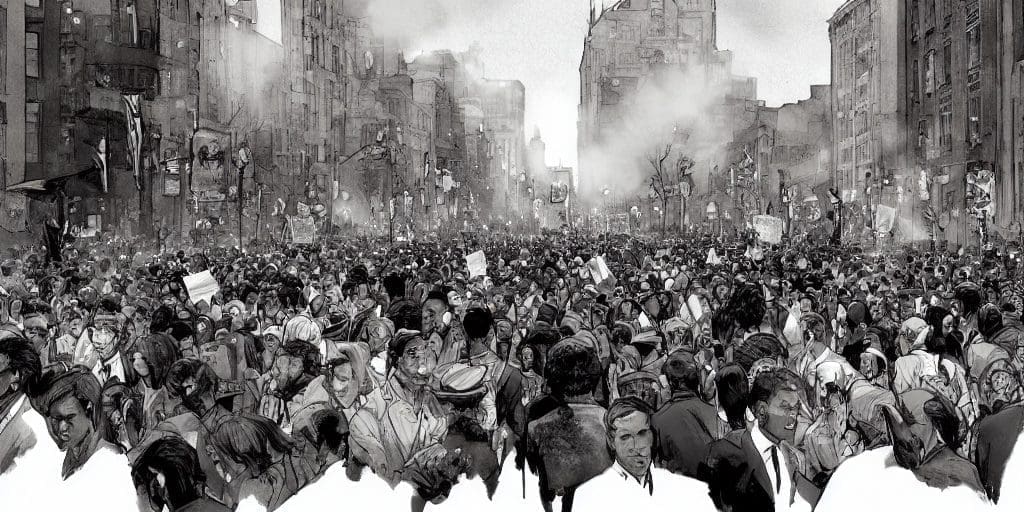


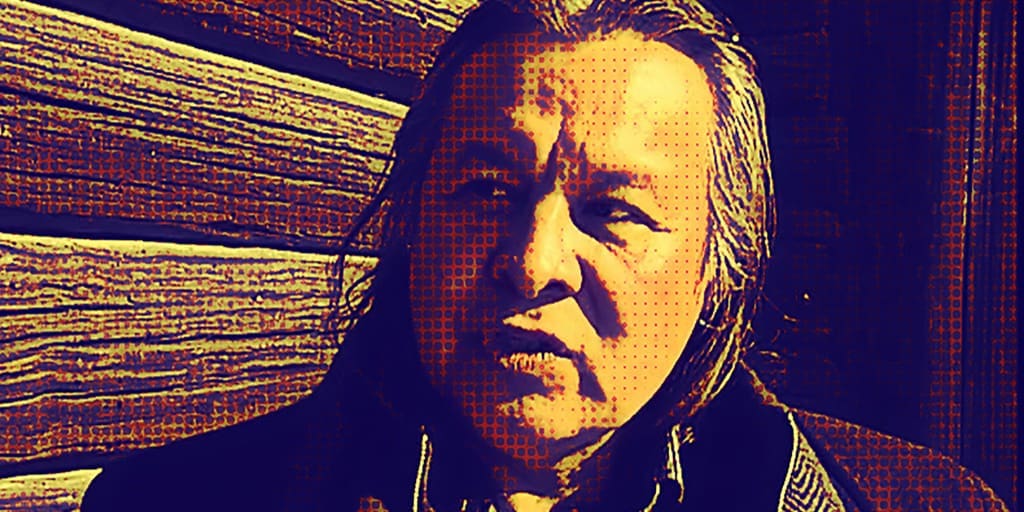
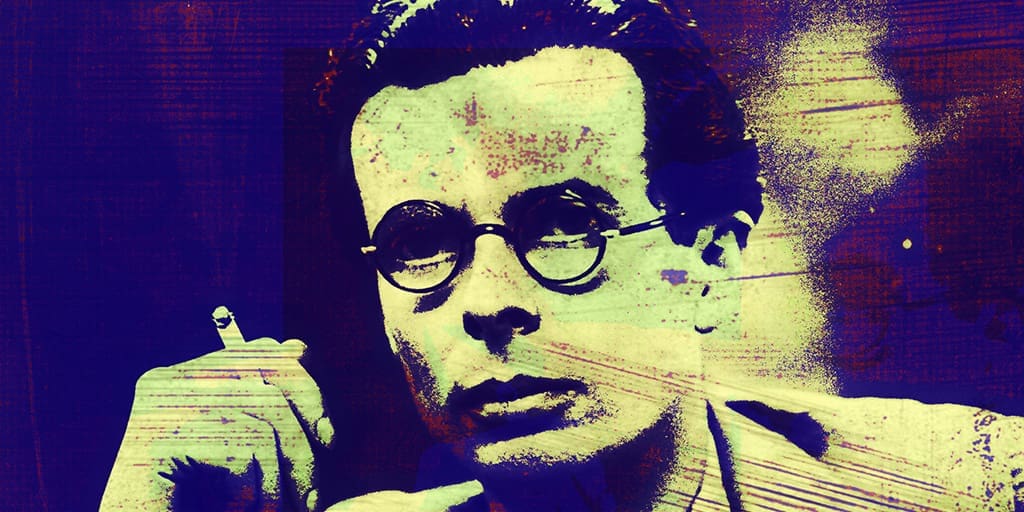































What do you think?